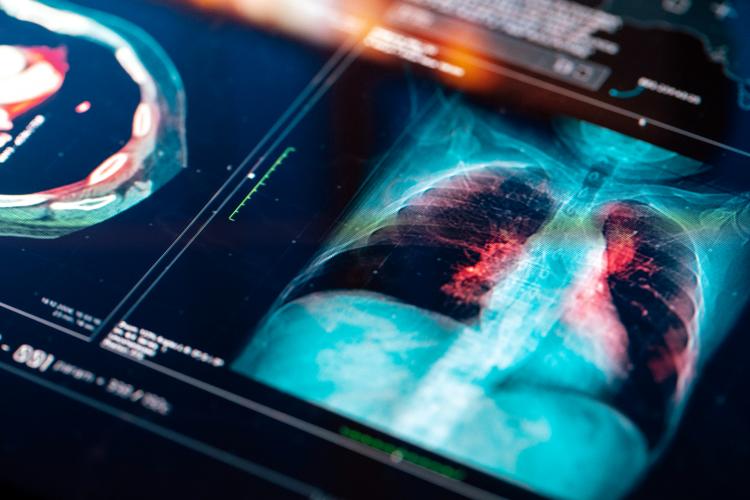Flu season is upon us, and being prepared for it this year is especially important for you and those you love. Dr. Azfar Chak, Chief of Infectious Diseases at Montefiore Nyack Hospital, and Sue Stone, MPH, RN, CIC, Director of Infection Prevention and Control, answer questions about this year’s flu season.
Q: Why is it so important for everyone to get prepared for the flu season this year in particular?
A: Flu season always puts a tremendous burden on the health system. Having flu season in the middle of a pandemic is a double-whammy. In some years we have up to 50,000-60,000 deaths in the United States due to the flu, so we want to do everything possible to prevent those deaths. The best way to do that is to get the flu vaccine.
Q: Who is especially vulnerable to complications from the flu?
A: The short answer to that is literally everyone. Flu has caused outbreaks in almost every population. But there are certain populations that are slightly more vulnerable compared to others, such as people in the medical field, people who are over the age of 50, and people who have underlying lung issues. However, we have seen much younger patients with no medical problems coming in with complications of the flu as well.
Q: Why do we need to get a flu vaccination every single year without exception?
A: Because a person’s immune protection from the vaccine declines over time, you need a flu shot every year for the best protection. Also, flu viruses are constantly changing, so the vaccine is updated every year to protect against the viruses that scientists think will be the most common during the upcoming flu season. The Centers for Disease Control and Prevention (CDC) recommends that everyone 6 months and older should get vaccinated every year.
Q: What about the pneumonia vaccine—who needs it?
A: There are certain populations that are a little bit more prone to getting pneumonia—people over the age of 60, people with underlying lung issues, and sometimes infants are at a slightly higher risk. We encourage everyone to contact their primary care physician or other health care provider and ask if they should get the pneumonia vaccine as well.
Q: When people first get symptoms of a cold or the flu and wonder if it might be COVID-19, what should they do?
A: If you have symptoms that you think might be COVID-19, reach out to your health care provider as soon as possible. The symptoms for cold, flu, and COVID can overlap. Your health care provider can assess you and guide you accordingly.
Q: What’s the importance of hand washing during flu season?
A: Hand washing prevents you from transferring germs—including the flu virus—from your hands to your eyes, nose and mouth. If someone coughs into their hand and then touches a surface, and you walk by and touch the same surface and then touch your eyes, nose or mouth, it can transfer the virus to you. Hand sanitizing with an alcohol-based sanitizer is equally as useful in preventing any germs from getting into your eyes, nose or mouth.
Q: Does mask wearing help protect against the flu?
A: This past year, we have come to understand the value in wearing a mask. Masking is important during flu season because it stops the spread of germs transmitted through coughing. So if you’re sick, the mask stops your germs from spreading to anyone near you. If anyone else coughs, your mask prevents you from breathing in their germs. If you’re not using a new disposable mask every day, it’s good to have a mask you can wash at the end of the day so it will be clean the next day. Many people adjust their masks throughout the day, which poses the risk of contaminating your eyes with your dirty hands. You should always use some kind of hand hygiene before you fix your mask.
Q: Why is it important to come to the hospital right away for health emergencies?
A: This past year, we saw some patients who delayed care for heart attacks, strokes and other emergencies because they were concerned about COVID-19. Some people now may be hesitating to come to the hospital because they’re concerned we’ll be busy with COVID and flu patients. But it’s important to come to the hospital right away if you think you are having a heart attack, stroke or other medical emergency. Delaying needed care often leads to worse outcomes, particularly for people with stroke or a heart attack. Be assured that the hospital is safe, open and ready to care for any condition.
For your safety, Montefiore Nyack Hospital’s affiliated physicians group, Highland Medical P.C., is now providing telemedicine appointments through a video platform. Available for new and existing patients, this safe way of evaluating symptoms and prescribing treatment will ensure that you can access uninterrupted medical care. To make an appointment, please call 1-866-550-HMPC.



 Upcoming Events
Upcoming Events



